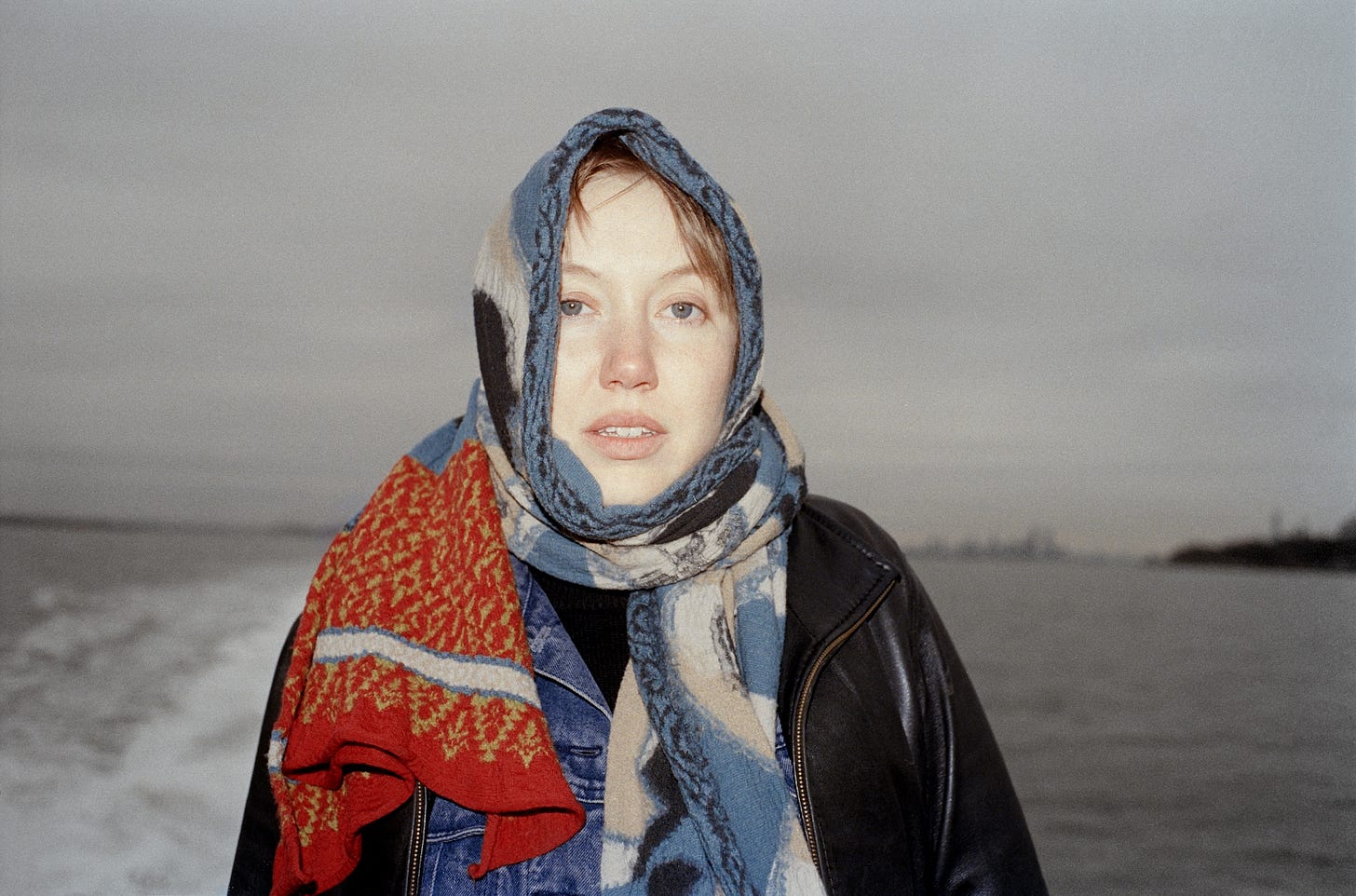For The Brooklyn Rail, I interviewed Ellen Arkbro:
Swedish composer Ellen Arkbro makes slow music that highlights the moment of a chord change. One chord, sustained; another chord, sustained; and so on—overtones everywhere. Having studied with La Monte Young, the reclusive dean of American minimal music, and Catherine Christer Hennix, the late polymathic dame of Stockholm alternative tunings and electroacoustic music, Arkbro is firmly in a tradition of composers whose music requires deep and attentive listening. But her music could be even slower, and longer, and there could be fewer chord changes. That’s part of the reason why she doesn’t care to call what she makes “drone” music, which tends to be sometimes hours long and have few, if any, chord changes. Arkbro’s music seems to ask not what happens when nothing changes, but what happens when something changes. Whether she’s writing for organ and brass (the eponymous title of her first record in 2017), guitar (CHORDS, 2019), or, most recently, solo organ (Sounds While Waiting, 2023), her sound is mystical, colorful, and sad, like calls without responses.
The five solo organ improvisations on her newest record, Nightclouds (Blank Forms Editions), recorded live from 2023 to 2024, feature the most radical dissonances, timbres, and overtones yet in her discography. Arkbro tends toward the cosmic and away from the worldly, and Nightclouds is no exception. But her other new record, How do I know if my cat likes me? (Blank Forms Editions), performed with organist Hampus Lindwall and language artist Hanne Lippard, is seeping with cultural critique—references to call wait times, online banking, fun facts, and ChatGPT, to name a few. Arkbro spoke from Berlin about this contrast and, occupied by her two Sanskrit-named cats, Līla and Nāda, about her search for meaning in an ever-accelerating world.
You can read the rest here.

